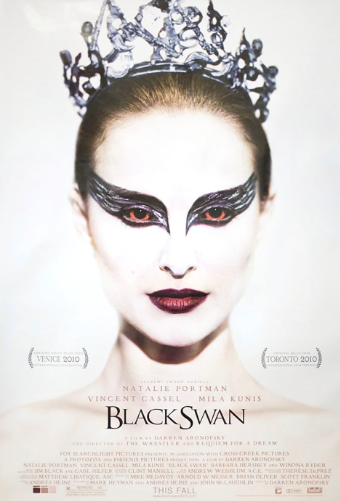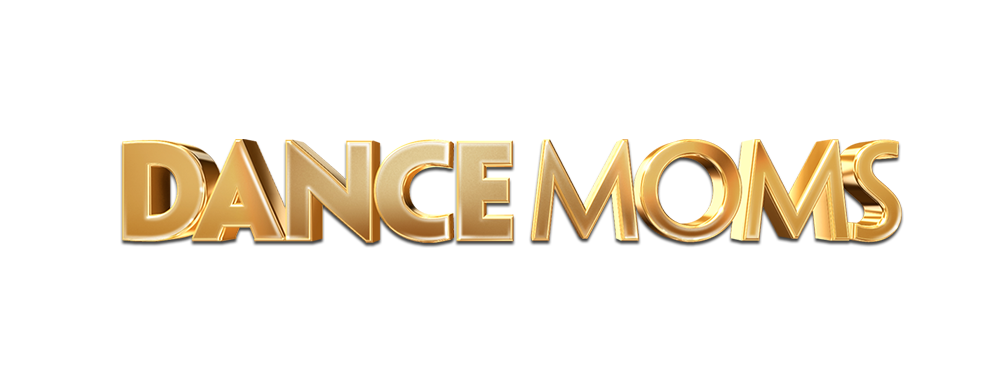The ‘obsessed artist’ refers to a movie trope in which the main character pushes themselves to be perfect, leading to their self-destruction. The character devotes all their time, effort, and energy to their craft and lose themselves. This movie trope is the basis for brilliant, inspiring, and consuming movies that leave you entranced until the very end. The two movies that best encapsulate this trope are Black Swan and Whiplash, as they are both very similar and have been credited as being counterparts of each other.
Black Swan follows the fictional character Nina Sawyer as she takes on the role of both the black and white swan in the production of Swan Lake at her ballet studio. Her descent into madness starts when she acquires the role of the swan queen, which she and her mother have been dreaming of Nina’s entire life. Thomas, an admired ballet instructor, pushes Nina to be the best she can be, but also let loose and do crazy things to fit the seductive, bold character of the black swan. Nina struggles with OCD and sees an evil version of herself in the mirror and when she’s bathing, and it even tries to kill her at the end. She goes through symptoms of schizophrenia and has a psychotic episode in which she fights and murders another ballerina, Lily, which is representative of her fully taking on the role of the black swan and completing her transition.
Nina obsesses over her role, her entire life revolves around her ballet career. The movie ends with her stabbing herself with a shard of glass during a manic episode, causing the death of the white swan and the death of her. Although, it is highly debated whether or not Nina actually dies at the end. The placement of the blood from her stab wound is in a similar location to menstrual bleeding, which could also be representative of her beginning womanhood after being treated like a child by her mother. Nina throws away all remnants of her past self, completely immersing herself as the black swan.
The movie Black Swan is a perfect feminine representation of the obsessed artist filled with underlying details and themes relatable to female audiences. The idea of finding (or losing) yourself, trying new things, and going out of your comfort zone, are just a few of the themes in Black Swan that capture that idea.
Whiplash follows another fictional character, Andrew Neiman, as he attends Schaffer Conservatory with hopes of being “one of the greats”. He excels as a drummer in the band, but one day, Terence Fletcher, maestro of Schaffer’s best jazz band, comes across Neiman in a practice room working on his double-time swing. Neiman works his way up to a core drummer in the Schaffer Conservatory Studio Band and endures psychological abuse from Fletcher.
Neiman devotes his entire life to drumming, breaking up with his girlfriend, and arguing with his family at dinner. Halfway through the film, Andrew gets into a car crash on his way to an important performance for the band. Instead of going to the hospital, Andrew limps to the stage and tries to play through the pain. His vision blurs, and he loses control of his hands, causing him to drop his sticks and go off-beat. He can no longer handle the pain of his injuries due to the crash and stops mid-song. Fletcher tells Neiman, “Neiman…you’re done.” to which Andrew tackles Fletcher to the ground and attempts to beat him up before other band members pull them apart.
Fletcher makes a final attempt to humiliate him after Andrew takes Fletcher’s abuse to court anonymously, getting Fletcher fired and Andrew quitting the band because of his injuries. Fletcher becomes a composer for another jazz band and tricks Neiman into performing with him once more, telling him that they’re playing the same tunes that he had mastered from the studio band. His attempt fails, however, because after Andrew is humiliated in front of hundreds of jazz critics, he comes back onstage and delivers a powerful, absolutely chilling performance of Caravan.
Both movies portray the obsessed artist in a creative, unseen before way that leaves you absolutely obsessed. The differences between the two movies are very apparent, with Black Swan’s unexpected and tragic ending, and Whiplash’s enchanting and captivating final solo. Nina’s realization that her own obsession has led to her death is tragically portrayed on Natalie Portman’s face, and Fletcher’s face as he realizes that he has created the next Charlie Parker is the same reaction that we, the audience, have on our faces as we watch.
These two movies are both masterpieces and completely outshine most other movie tropes. These movies have honestly become an integral part of my personality, and I wish I could watch them both for the first time again. The chills I got during Nina’s and Andrew’s performances were unreal, and very few movies give me chills. Whiplash is my favorite of the two, mainly because I have such a deep connection with music. The movie has since started my obsession with one day learning how to play the drums, but for right now drum lessons are not in my budget! I am also going to start ballet soon, so I’d say both have impacted my life greatly. Not many movies can do that to you.










